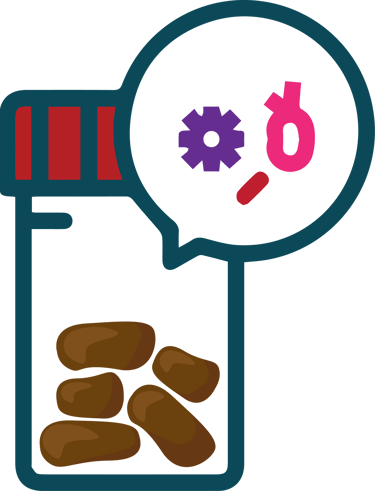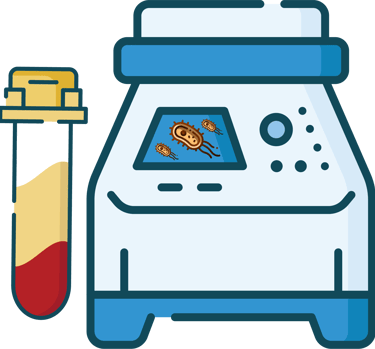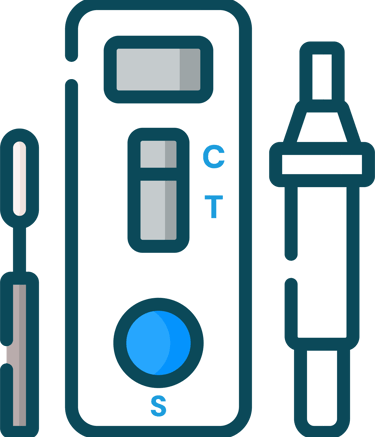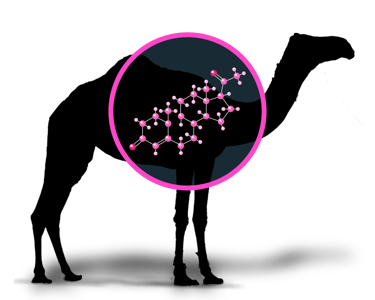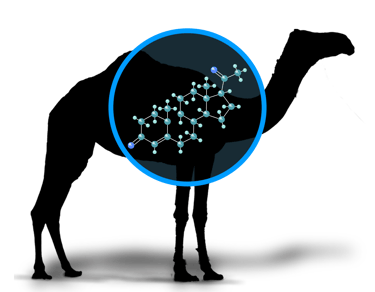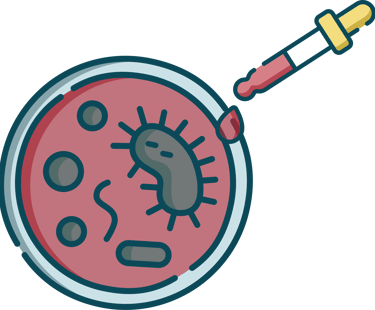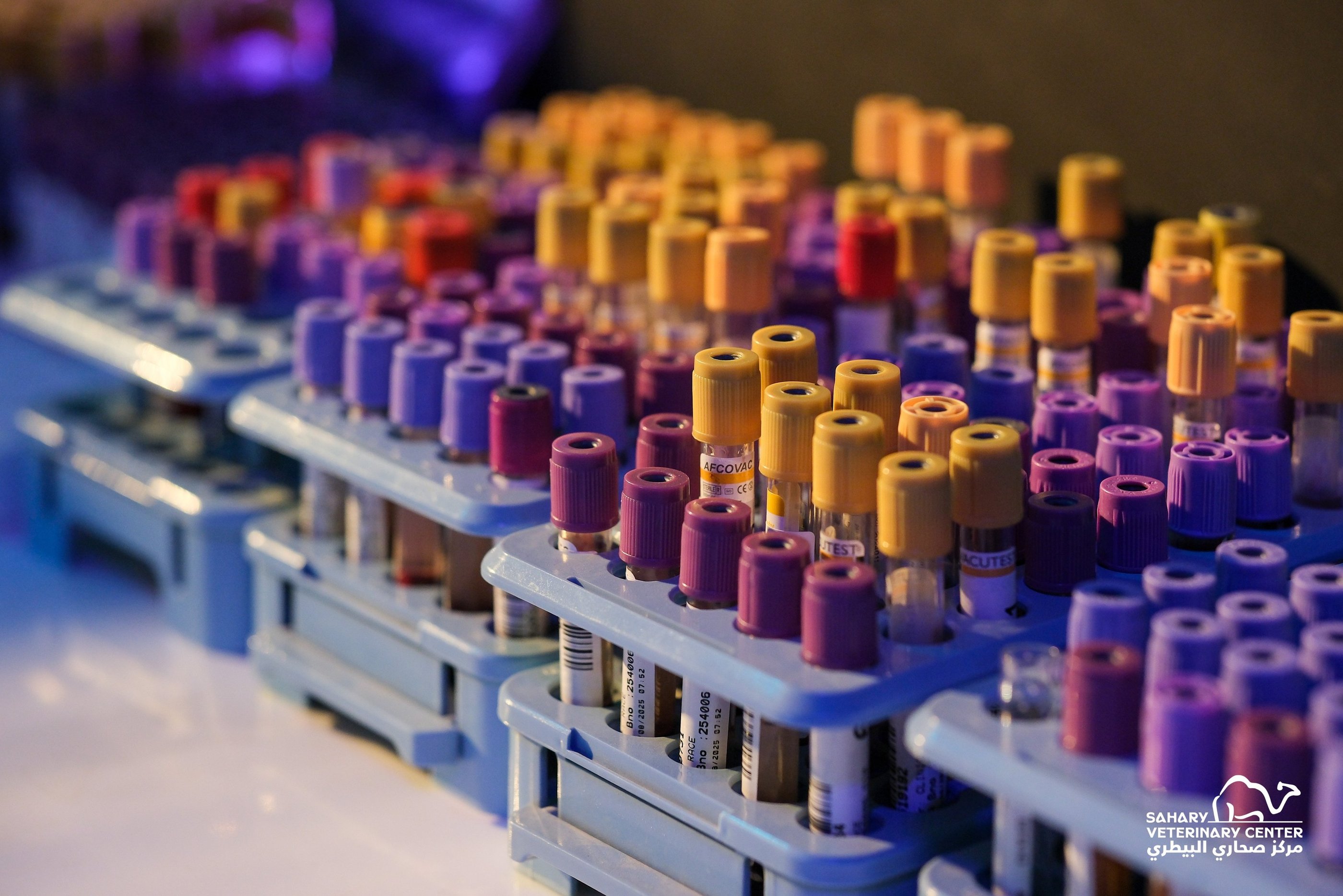

Our laboratory specializes in providing advanced medical diagnostic services for camels, relying on a team of veterinary experts specialized in camel health. We use the latest global laboratory technologies to ensure diagnostic accuracy and speed. Our services include blood tests, urine and fecal analysis, parasite screening, and hormone analysis, contributing to maintaining camel health and improving productivity.


A urine test is performed using a specialized device to analyze the chemical components of urine. This test aims to evaluate health status by detecting the presence of white and red blood cells, proteins, as well as electrolyte and mineral levels. It can assist in diagnosing various health issues such as urinary infections, kidney disorders, and metabolic diseases, enabling appropriate treatment measures to be taken.



